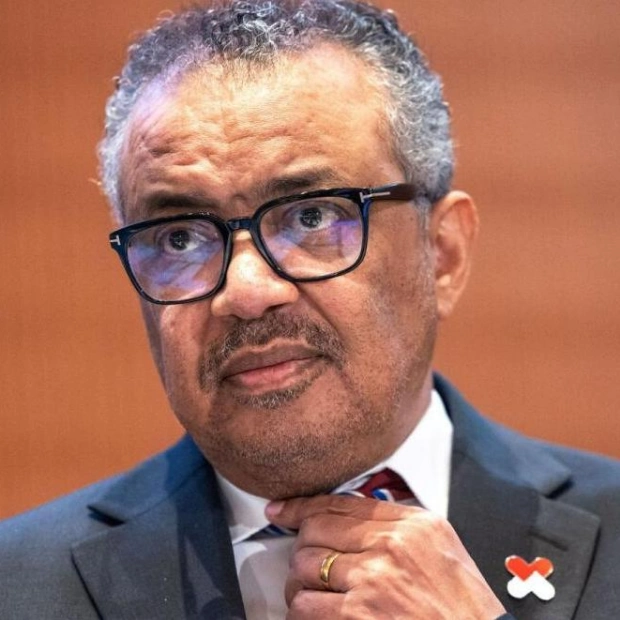Nearly half a billion children are experiencing twice as many days of extreme heat annually compared to their grandparents, according to the UN, which issued a warning about the deadly implications. The UN children's agency, UNICEF, stated that one in five children, approximately 466 million, reside in regions where the number of extremely hot days has doubled every year since the 1960s.
Lily Caprani, UNICEF's advocacy chief, emphasized to AFP that young children are more susceptible to extreme heat than adults, and pregnant women are also at risk. Moreover, educational disruptions occur when schools close due to high temperatures, affecting at least 80 million children in 2024 alone. UNICEF's benchmark for extreme heat is days reaching 95 degrees Fahrenheit (35 degrees Celsius), comparing the average temperatures from 2020 to 2024 with those of the 1960s.
The impact of such hot days, along with the means to manage high temperatures like air conditioning, is global. West and Central Africa have the highest exposure, with 123 million children, or 39 percent of the region's children, facing a third of the year with temperatures of 95 degrees or higher. In Mali, where air conditioning is scarce and blackouts common, over 200 days a year can reach 95 degrees or more. In Latin America, 48 million children are facing twice as many extremely hot days as 60 years ago.
Caprani noted that the situation is worsening worldwide for these children, who are particularly vulnerable to heat stress due to their rapid breathing and inability to sweat like adults. High temperatures can lead to child malnutrition and increase vulnerability to diseases like malaria and dengue, which thrive in warm climates. Excessive heat can also impair neurodevelopment and mental health.
UNICEF is advocating for better parental education on heat stroke signs, enhanced medical training, and investment in school air conditioning. However, the primary focus remains on mitigating climate change, primarily driven by fossil fuel usage. UNICEF chief Catherine Russell urged governments to consider future generations in their national climate action plans.






